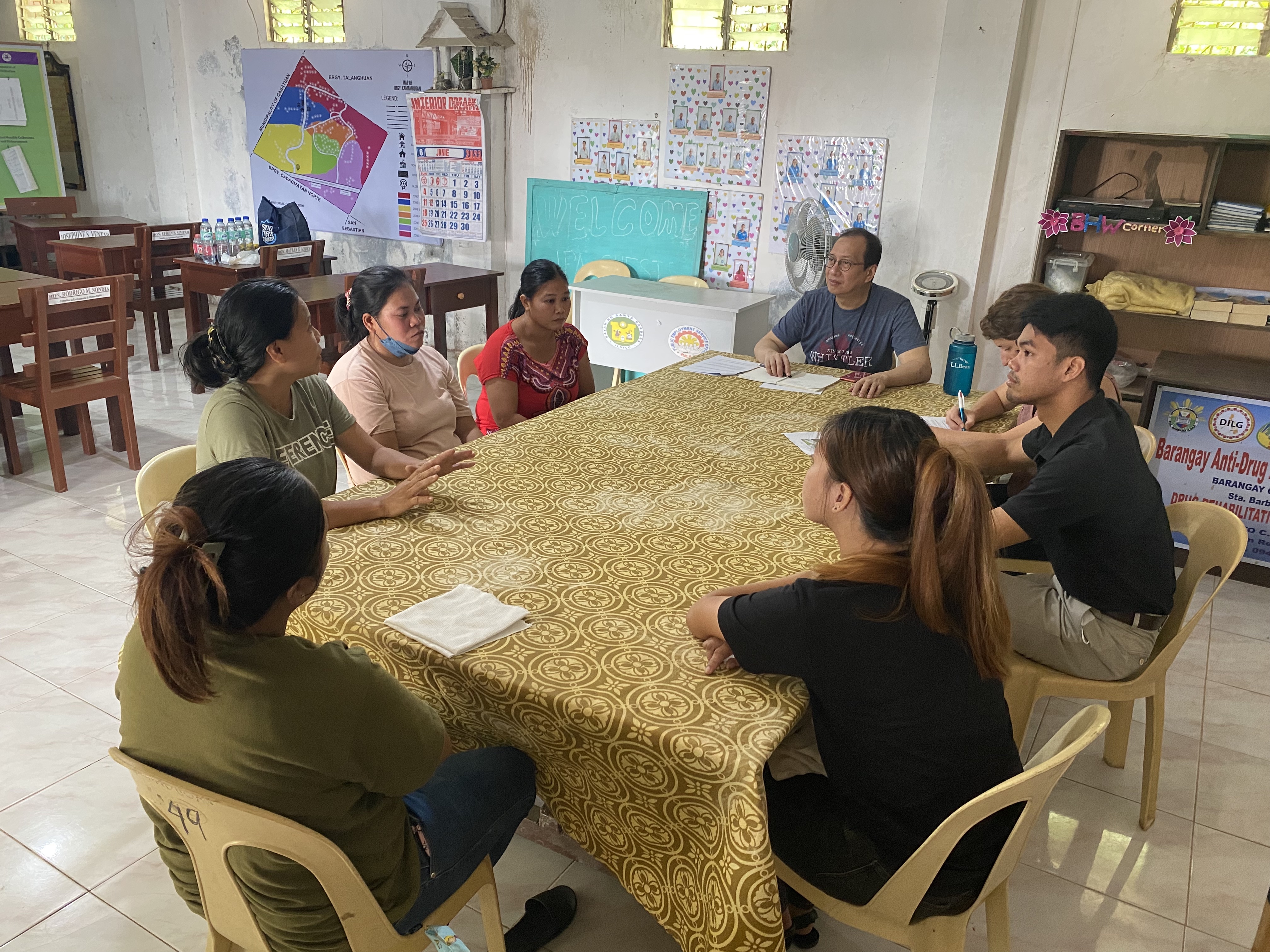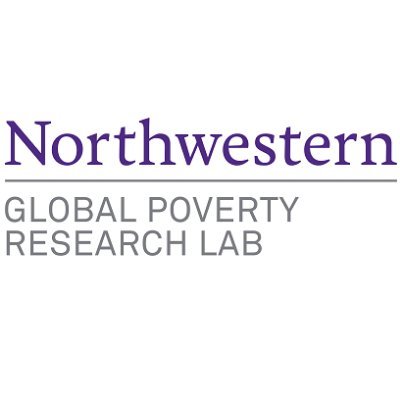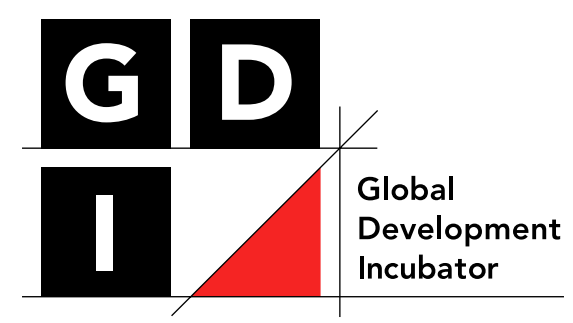Measuring the Impact of Aspirations Interventions on Economic and Psychosocial Well-being in the Philippines

In collaboration with IPA Philippines, researchers are testing variations of aspiration interventions delivered through videos and group discussions, evaluating their impacts on poverty reduction and psychological and social well-being. Additionally, they are measuring whether these interventions impact inclusive growth indicators at the community level.
Poverty is multidimensional, with economic constraints often accompanied by a range of challenges stemming from social exclusion and limited access to information and opportunities.1 As a result of these challenges, people in poverty may be less likely to have high aspirations for their future, a sense of agency over their fate, or the social support needed to make progress.2 These are psychosocial assets that influence not only well-being but also economic potential.3 Recent research suggests aspirations interventions may provide cost-effective tools for enhancing individuals’ economic outcomes. However, further exploration is needed to determine which types of aspiration programs are most effective in achieving impact at scale and how these programs influence community- in addition to individual-level outcomes.
In collaboration with IPA Philippines, researchers are evaluating two variations of aspiration interventions in the form of videos shown to participants followed by a group discussion. These interventions will be delivered through three distinct arms:
- Individual aspirations: The first variation models the pursuit of individual aspirations through a short video, followed by a guided small group discussion.
- Individual and collective aspirations: The second variation focuses on both individual and collective aspirations using a short video followed by a guided small group discussion.
- Community aspirations: The third variation also focuses on both individual and collective aspirations using the video from the second variation followed by a small group discussion and a community-wide discussion involving participants' family, friends, and other members of the barangay.
These interventions are designed to empower participants through goal setting and laying out pathways towards achieving these goals while overcoming setbacks through self and/or collective efficacy. Each intervention is designed to be low-cost and scalable. Primary outcomes of interest are individuals’ and households’ economic mobility, psychological well-being, and social well-being. Researchers will also measure the impacts of the intervention on inclusive growth at the community and societal levels, such as social cohesion, attitudes toward inequality, redistribution, people in poverty, and community-minded behaviors.
Approximately 7,500 women from 318 barangays (villages) in the Western Visayas region of the Philippines have been randomly selected to receive either of the three aspiration interventions or receive no intervention and serve as the comparison group. Some women will also be offered the opportunity to participate in a multi-faceted graduation program implemented by International Care Ministries, and researchers will measure whether aspiration interventions have any effect on take-up or success of the graduation program.
Outcomes related to women’s psychosocial and economic well-being will be measured through the twenty-year Philippines Socioeconomic Panel Survey (PSPS), which includes regular in-person surveys scheduled every four years, along with additional interim surveys.
Results will be available in 2027.
Sources
1. Sheehy-Skeffington, Jennifer, and Jessica Rea. How poverty affects people's decision-making processes. York: Joseph Rowntree Foundation, 2017.
2. Dalton, Patricio S., Sayantan Ghosal, and Anandi Mani. "Poverty and aspirations failure." The Economic Journal 126, no. 590 (2016): 165-188.
Jachimowicz, Jon M., Erin L. Frey, Sandra C. Matz, Bertus F. Jeronimus, and Adam D. Galinsky. "The sharp spikes of poverty: Financial scarcity is related to higher levels of distress intensity in daily life." Social Psychological and Personality Science 13, no. 8 (2022): 1187-1198.
Ridley, Matthew, Gautam Rao, Frank Schilbach, and Vikram Patel. "Poverty, depression, and anxiety: Causal evidence and mechanisms." Science 370, no. 6522 (2020): eaay0214.
3. Orkin, Kate, Rob Garlick, Mahreen Mahmud, Richard Sedlmayr, Johannes Haushofer, and Stefan Dercon. Aspiring to a better future: can a simple psychological intervention reduce poverty?. No. w31735. National Bureau of Economic Research, 2023.
Research Partner

Implementing Partner

Funding Partners














